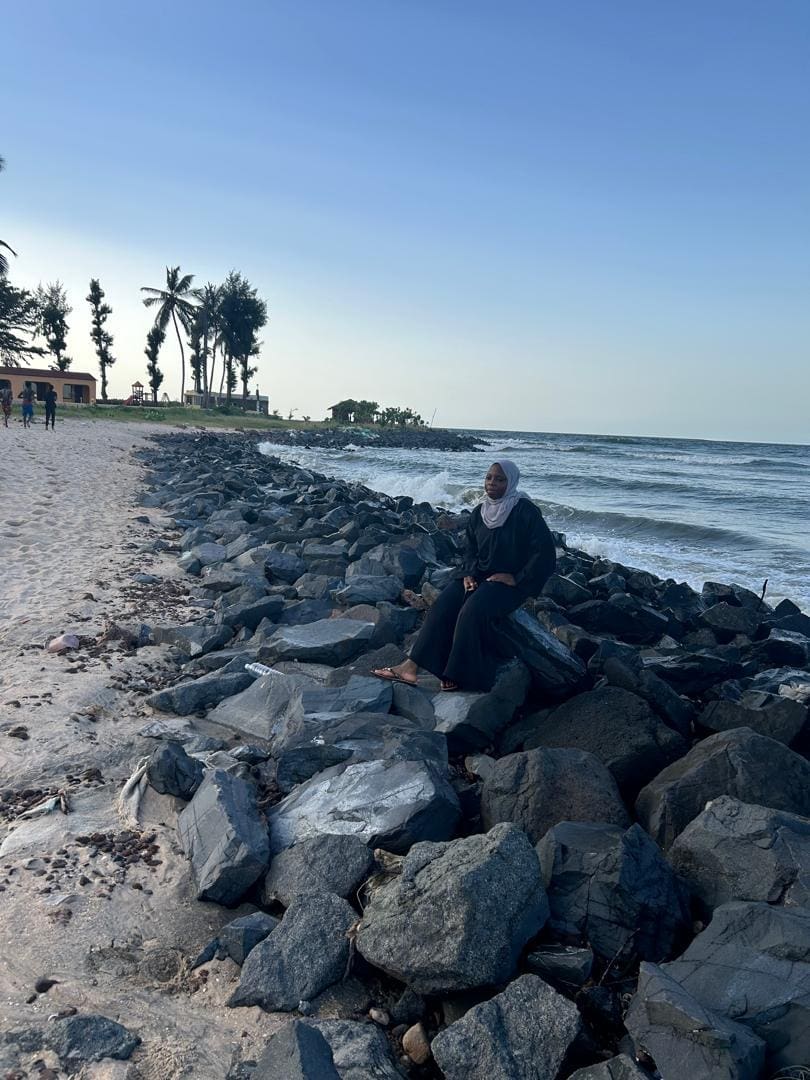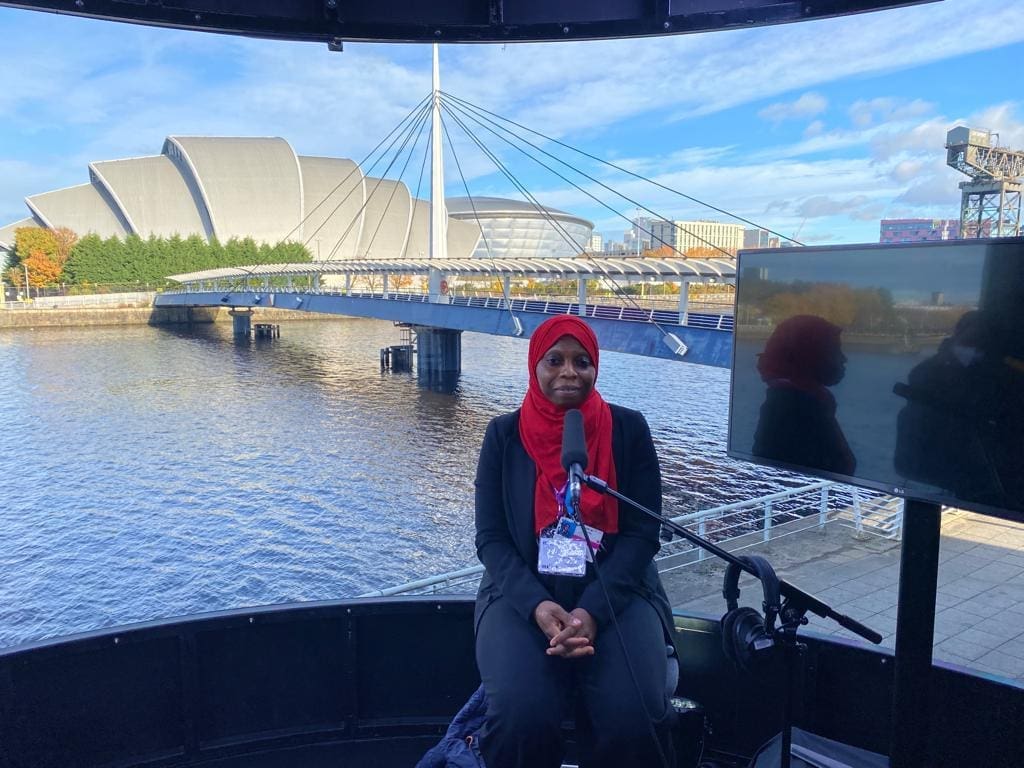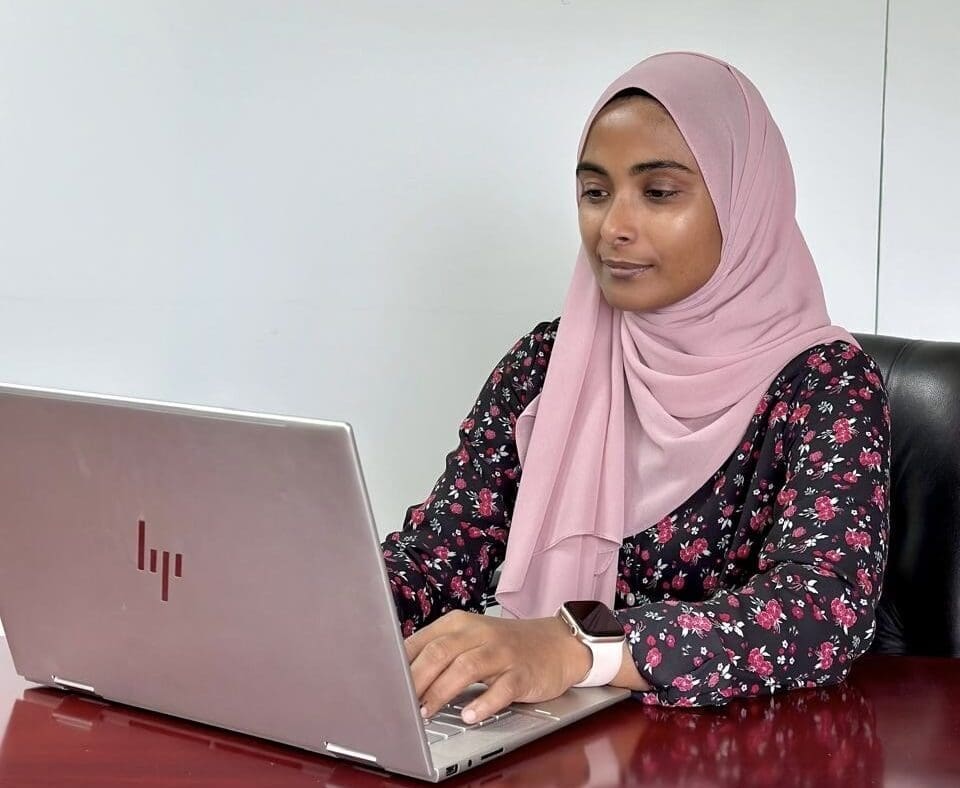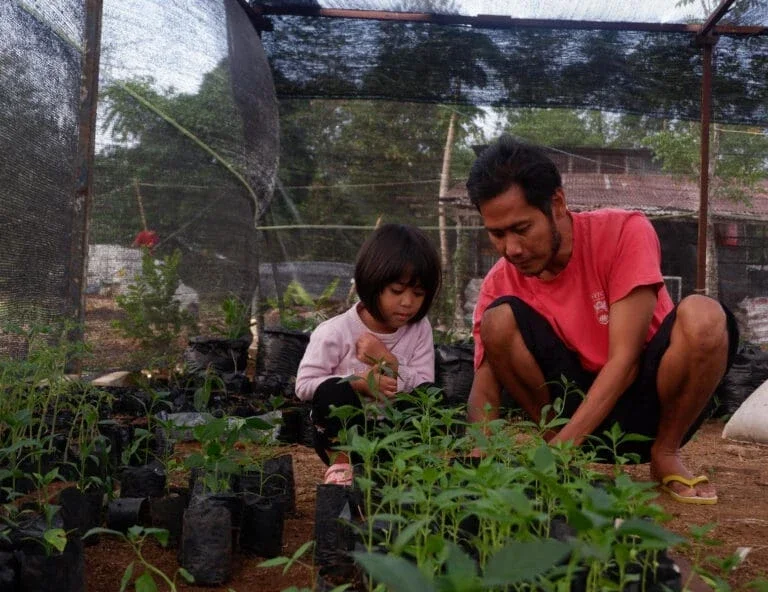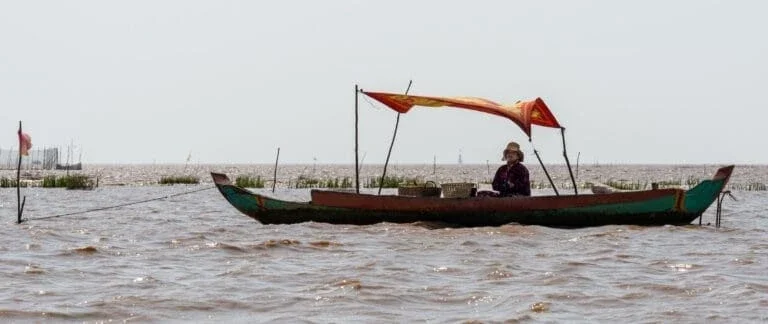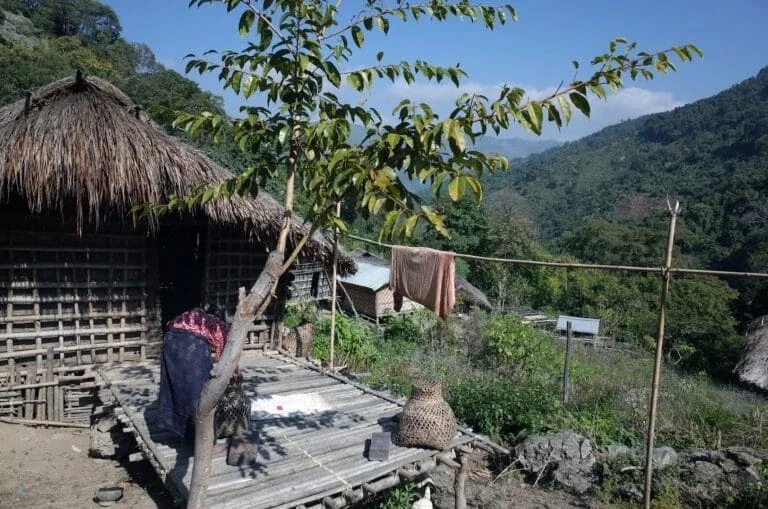By the Numbers
- $0TrillionTrillion
per year needs to be invested in climate action in developing countries by 2030
- 0
of climate finance between 2016-2022 (or $2 billion annually) went to Small Island Developing States
- 0
of deaths caused by climate-related disasters worldwide have occurred in Least Developed Countries
The Maldives’ debt is 120 percent of gross domestic product as of the second quarter of 2024, said Fathimath Mohamad Didi, the Finance Ministry’s Debt Manager and also a V20 fellow. Both the World Bank and the International Monetary fund have noted the Maldives is at high risk of debt distress and internal reforms are needed.
Meanwhile, the Maldives’ 521,000 citizens remain extremely vulnerable to climate change. They live in the world’s lowest-lying country, a string of coral islands with an average elevation of just 4 feet 11 inches (1.5 meters) above sea level. If global temperatures rise by more than 2 degrees Celsius, the Maldives risks losing nearly all its coral cover.
The Maldives relies heavily on tourism for revenue. “That part of the economy is performing well,” said Didi. “However, expenditures have risen significantly in recent years, creating a mismatch. We’ve had to borrow heavily, making it difficult to prioritize climate resilience spending.”
Didi credits the fellowship with deepening her knowledge of climate financing complexities. “When I started, it was a new area for me,” she said. “I gained valuable insights into how sustainability influences a country’s financial performance, and how to assess the impact of climate risks on a debt portfolio. It was also great to be with the other fellows, and I learned a lot from them too.”
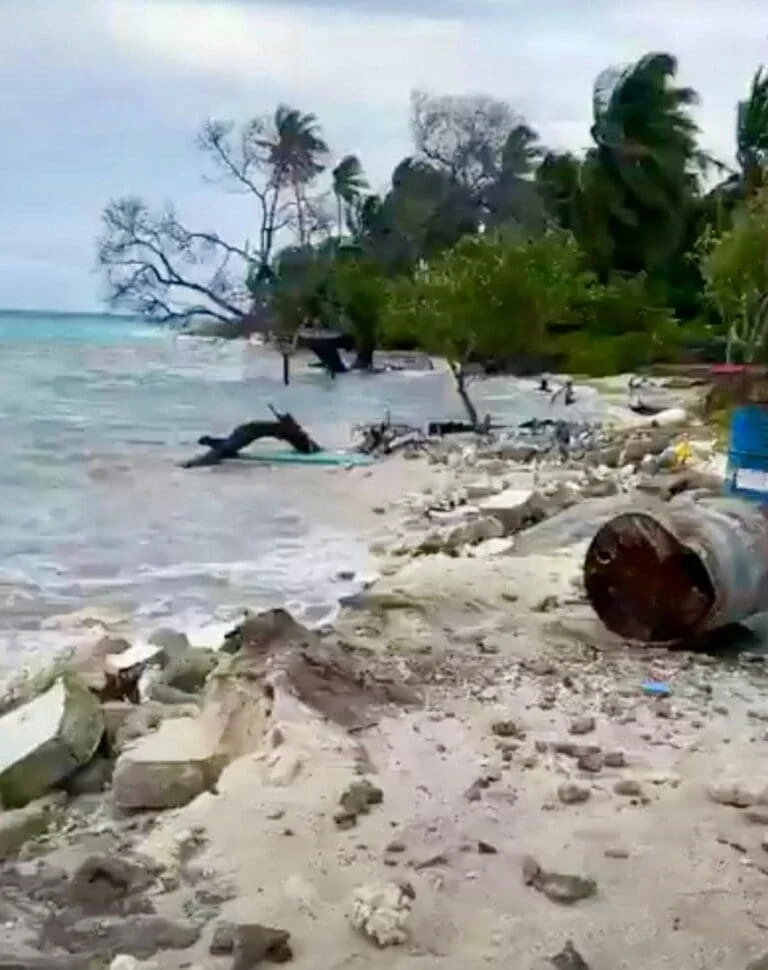
Affordable Green Energy Lights Up Underserved Haiti Homes
Mesh grids are helping bring solar energy access to underserved communities in a troubled country where many survive on two dollars a day.
Read MoreWarren Evan, with a 45-year career in sustainable development, finished his book about global public goods at the Bellagio Center.
read more